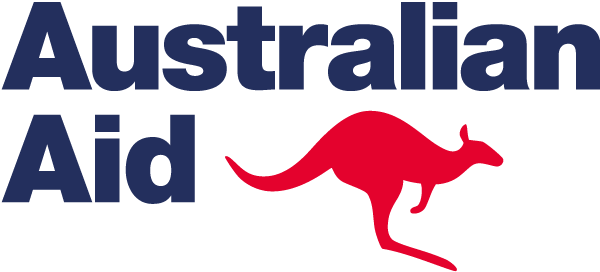Context
Vanuatu, a disaster-prone country highly vulnerable to climate change, has seen significant impacts due to climate-related crises on two of the islands in Tafea province due to climate-related disasters. These events have led to the erosion of upland farms and the destruction of coconut and banana plantations, severely affecting local livelihoods. Consequently, unsustainable harvesting practices have been adopted, further reducing the community’s resilience to future disasters and shocks.
Project Summary
The project aims to empower 1,000 women, organised into economic hubs, to practice agroecology and pilot climate-resilient livelihoods. By enhancing their access to training, resources, and engagement with decision-makers, the women will develop their capacity to protect, restore and manage targeted ecosystems. This will involve increasing agrobiodiversity, improving soil health, preventing erosion, reducing flood risks, and enhancing carbon sequestration in soils and vegetation.
Key activities will include training sessions, learning exchanges, demonstration plots, nurseries, seed banks, and facilitated participation in policy dialogues.
Project duration: (2022 – 2025)
Supported by World Wildlife Fund Australia and DFAT
